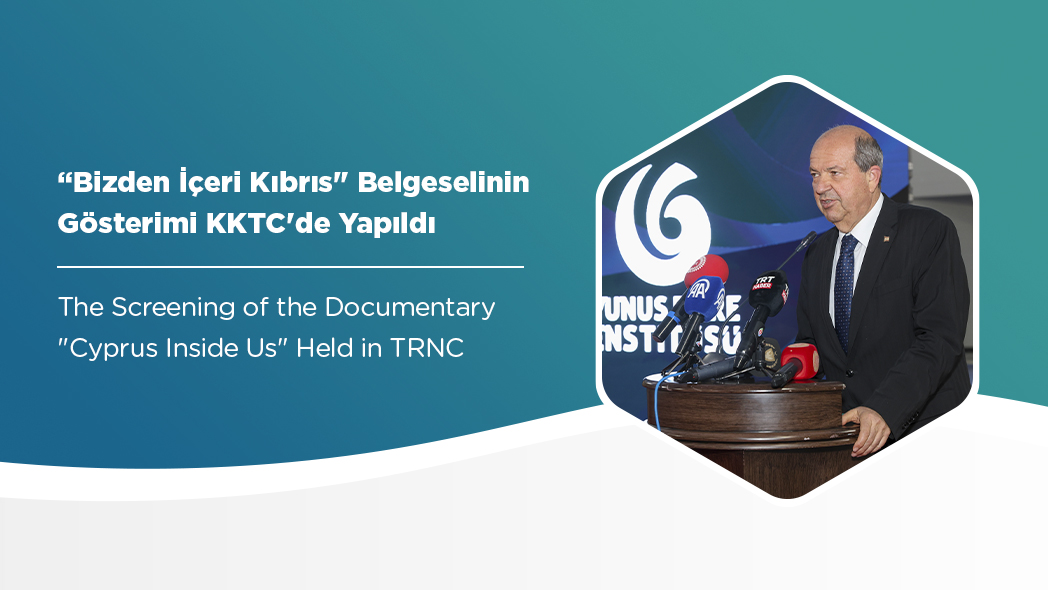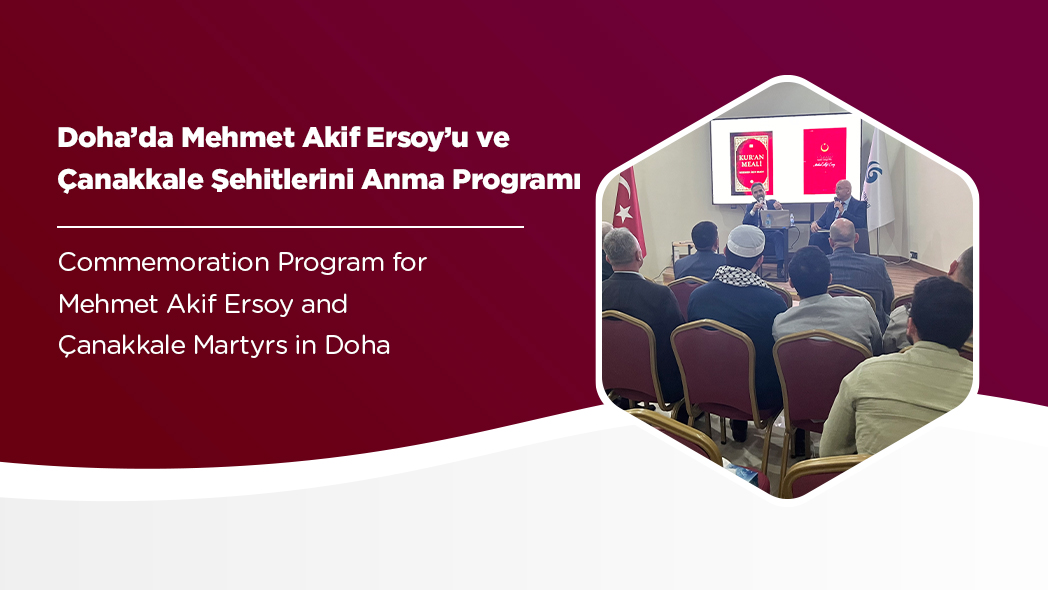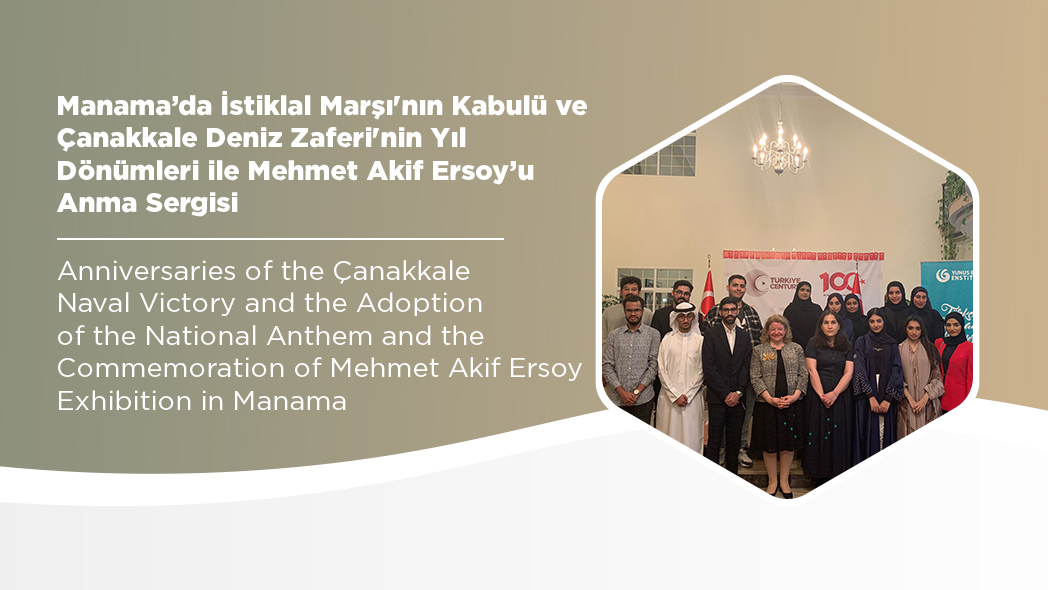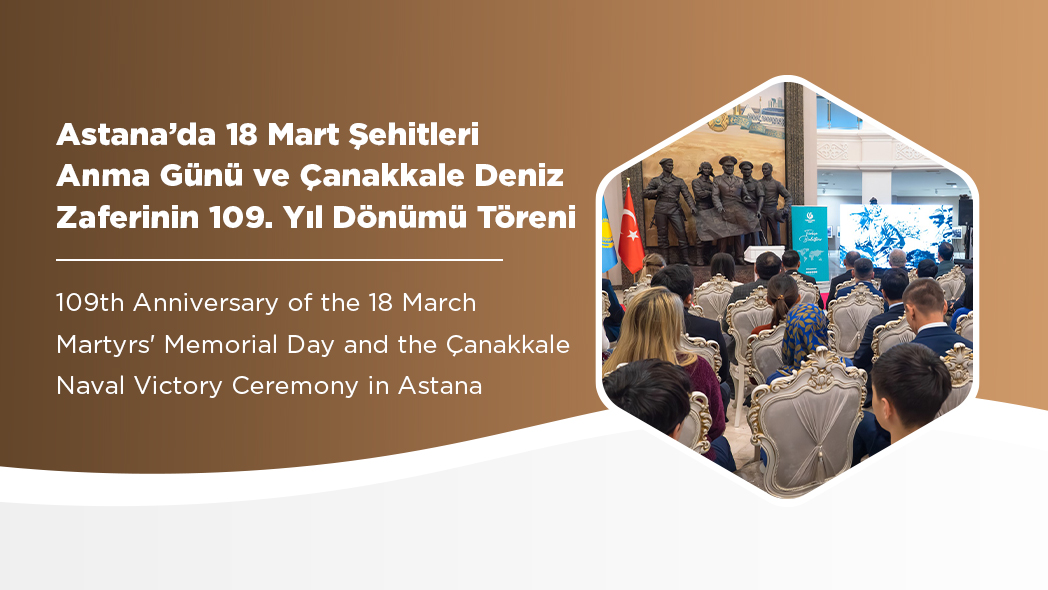Ulama in the Ottoman Empire
Washington Yunus Emre Institute invited Dr. Khalid El-Rouayheb from Harward University for the fourth part of the "People of the Ottoman Empire" program series. In the program moderated by Dr. Cengiz Şişman, Dr. El-Rouayheb talked about the place of the ulama class in science, social and religious life in the Ottoman Empire.
The fourth part of the program series People of the Ottoman Empire organized by Washington Yunus Emre Institute, was organized under the title of "Ulema in the Ottoman Empire". The program, held on March 23, 2021, under the moderation of Dr. Cengiz Şişman was held with the participation of historian Dr. Khalid El-Rouayheb from the Department of Near Eastern Languages and Civilization of Harward University.
Dr. El-Rouayheb gave information about the latest research done to destroy some of the misconceptions about the Ottoman ulama.

He shared important details about the ulama, a group of highly educated academics and legal professionals who are often religious scholars but have been trained in Islamic studies, grammar and logic. Stating that the ulama is primarily considered as the successor of the prophets, Dr. El-Rouayheb said that, contrary to popular belief, their expertise is not limited to religious sciences.
Dr. El-Rouayheb said that the information such as which disciplines the scholars trained in madrasahs grew up with, which books they gained their knowledge by reading are important. Dr. El Rouayheb said that although Sufism is outside the madrasa, the ulema also feeds on the Sufism tradition. |
The famous historian mentioned that the ulema was educated in madrasahs where Ottoman judges were trained. Dr. El-Rouayheb said that the information such as which disciplines the scholars trained in madrasahs grew up with, which books they gained their knowledge by reading are important. Dr. El Rouayheb said that although Sufism is outside the madrasa, the ulema also feeds on the Sufism tradition.
THEY SERVED AS LEGAL SCHOLARS, JURISTS AND JUDGES
Education generally became more intense in cities as more prestigious madrasahs moved to city centers. They were expected to be versatile wise persons who could easily speak in three or more languages. In time, the ulema began to serve the Ottoman state as legal scholars and judges.
THEY ALSO STUDIED NATURAL AND PHILOSOPHICAL SCIENCES
Dr. El-Rouayheb said that the ulema studied various natural and philosophical sciences in the madrasa. El-Rouayheb stated that sciences such as medicine and alchemy were taught outside the madrasa.
ULEMA HAD THE SCIENTIFIC TRADITION OF THE GEOGRAPHY THEY WERE EDUCATED
Stating that the education of scholars is not standardized outside the basic areas of the empire, Dr. El-Rouayheb therefore said that a member of the ulama may have a different educational background according to their region. Noting that the ulama existed throughout the Ottoman geography, Dr. El-Rouayheb stated that the ulama did not constitute a holistic structure and had various views based on local traditions from Algeria to Northern India. Stating that the ulama in Istanbul and Egypt are trained according to different curricula, Dr. El-Rouayheb stated that there is a scientific tradition inherited from the Mamluks in Egypt and that the differences are due to such traditions.
THE RESISTANCE TO THE REFORMS WAS MORE FROM THE MILITARY CLASS THAN ULAMA
Dr. El-Rouayheb said that the ulama at first were skeptical of the knowing that came from the West, but the Ottoman sultans often received positive fatwa from the ulama for many reforms in the military field. Stating that it is not true that the scholars are completely opposed to such reforms, Dr. El-Rouayheb emphasized that the resistance to reforms often came not from the ulema class, but from the military class, especially the Janissary class. |
In response to Cengiz Şişman's question about how the ulama's approach to modern sciences is, Dr. El-Rouayheb said that the ulama at first were skeptical of the knowing that came from the West, but the Ottoman sultans often received positive fatwa from the ulama for many reforms in the military field. Stating that it is not true that the scholars are completely opposed to such reforms, Dr. El-Rouayheb emphasized that the resistance to reforms often came not from the ulema class, but from the military class, especially the Janissary class. Dr. El-Rouayheb said that there were times when the sheikhulislams were on the same side with those who opposed the reforms the sultans wanted to do, but this situation was not permanent. Dr. El-Rouayheb noted that the ulama were innovative in their own right, despite being recognized as reactionaries that killed creativity in Ottoman society.
MEDIATOR BETWEEN THE INDIVIDUAL AND THE STATE
Dr. El-Rouayheb replied to questions from participants about the place of ulama in the social life as follows:
“In the process of creating social policies, the opinions of the ulema were always taken into consideration. In addition, the ulema acted as a mediator in situations of dispute or discontent between a group or a member of the community and the state, so their role in social life has always been critical. "
Stating that the Ulama carefully follows the developments and academic life in Europe, Dr. El-Rouayheb announced that from time to time, Christian academics in the Ottoman society provided translation services to the ulama.





